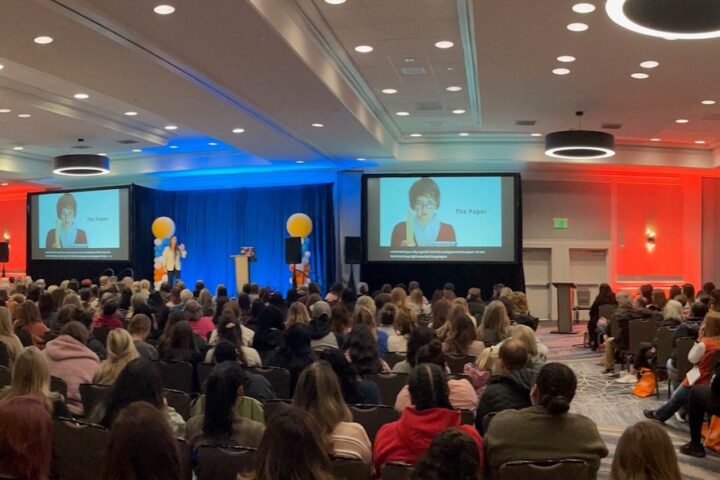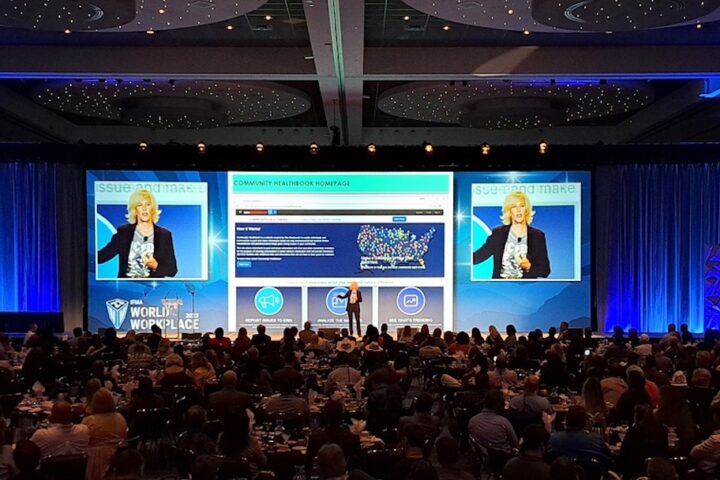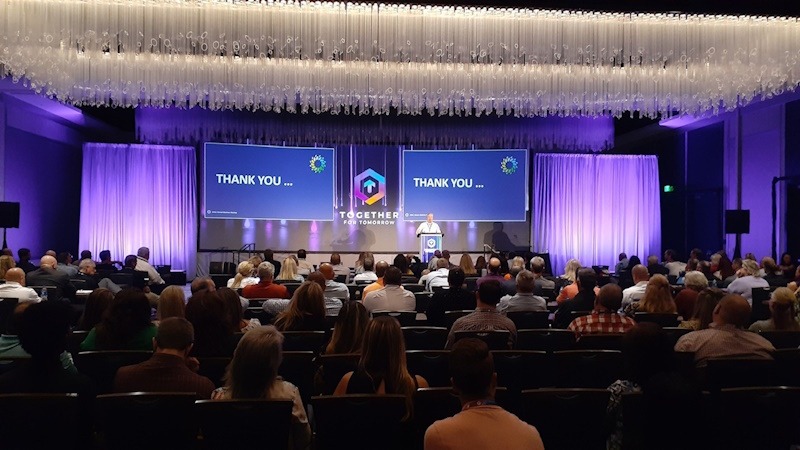One of the most overlooked planning aspects of hybrid events is dedicating time and energy preparing your event team. The staff is of course a key part to event success, but its often assumed they know what they need to do and what to expect. Especially in our new and changing environment, they’ll need more training and clearer expectations up front to help become a resource for your attendees, speakers, and sponsors.
Here are a few ways we’ve coached our clients to ready their event team:
1. Learn the lingo
The emergence of hybrid has expanded our event language. Terms such as “local participants” relay to the physical venue. Terms such as “far-end, bandwidth, and screen share” deal with the virtual world. Make sure the entire team is familiar with the languages on both sides so the staff is on the same page about what’s taking place.
2. Assign specific roles early and often
Hybrid has grown event teams and created new roles. You’ll need producers both onsite and online, a technologist overseeing the platform, a virtual stage manager, and someone in charge of all the event content. You should think about your individual team’s strengths and give team members a chance to learn new skills. Know that roles may change as the planning process is underway.
3. Create a plan to engage both audiences
Your teams should have actionable ways to engage and communicate with your onsite and online audiences. Assign people to different chat rooms and Q&A boards to facilitate conversations and encourage virtual attendees to visit with exhibitors. Your onsite team should also make sure in-person attendees are interacting, participating, and meeting with exhibitors.
4. Set standards for virtual platform proficiency
Time needs to be dedicated to training and learning the individual elements of the virtual event platform. Focus first on functionality like how to navigate the platform components, then work toward being able to help exhibitors build and manage their platform, and basic troubleshooting support. Even your onsite team should be familiar with the platform, especially if it offers engagement tools for both audiences to connect. Your virtual platform provider should handle most of this work, but it’s important for your staff to be able help your exhibitors and attendees.
5. Have fun!
Of course, one of the best predictors of success is your team’s excitedness for the event. Make sure to celebrate successes along the way and enjoy all that hybrid events have to offer.
Hybrid events have changed the way our teams are structured and interacted with our audiences. We work with our clients to help train and prepare for all the unique aspects of hybrid meetings. If you’re looking for a complete hybrid solution from a company with av services like live event production, an in-house virtual platform, and virtual event production reach out to us today!
This blog post is part of a series. View the other posts here:












